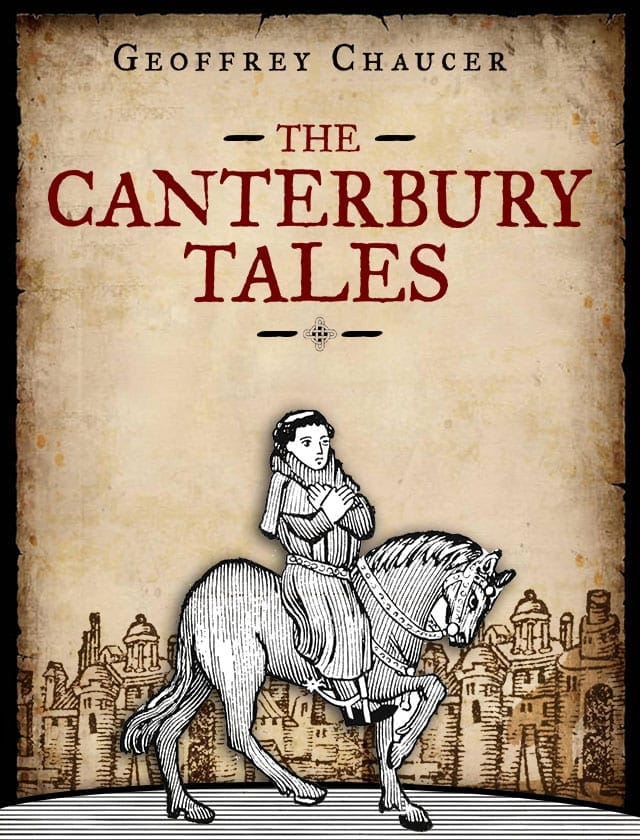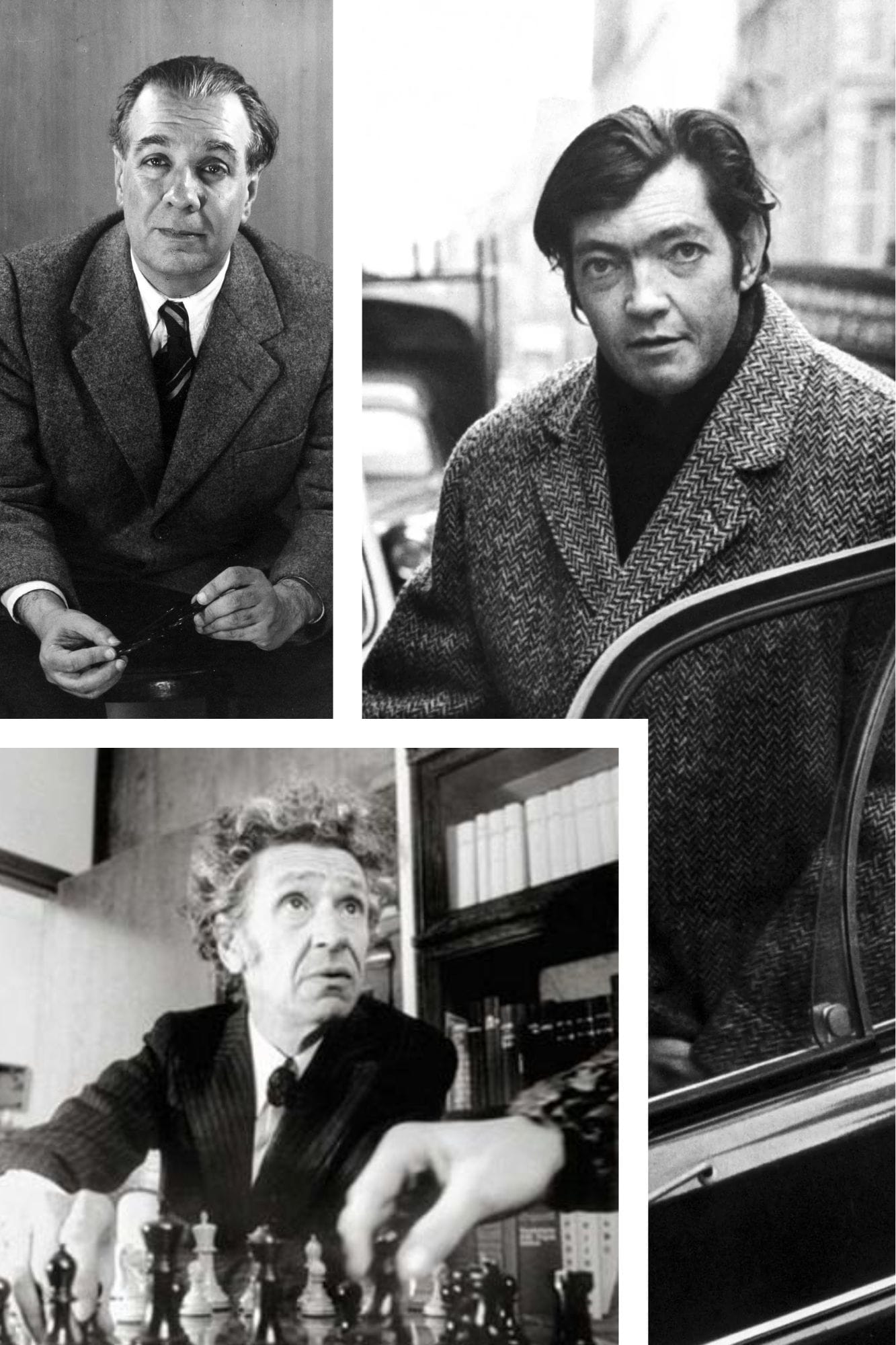This trilogy written and directed by the acclaimed Joachim Trier represents the decision between fulfilling or failing to manage one’s promises and commitments while time passes by.
The first film in his unforeseen trilogy, Reprise (2006) narrates the struggle of two competitive friends, ‘Philip’ and ‘Erick’ who aspire to be important writers. A film fueled with youthful eagerness, love, depression and promising careers. Definitely a roller-coaster of emotions once you are watching it. Philip, interpreted by Anders Danielsen Lie, is an unstable individual who feels frustrated with his writing after having a well-recognized book published, his friend Erick tries to take him out of this dark place and constant breakdowns due to depression and a toxic relationship with Kari (Philip’s girlfriend). However, Philip begins resenting Erick for his sudden success after a publisher accepted his first book; their paths go in different directions now, and they do not have a dream to share anymore. The first time I watched this film I did not know how to feel, I was happy for Erick but sad for Philip, then the second time I watched it I realized that they never shared the same dream because they are completely different individuals. Both just had similar interests, and Erick was right to keep some distance from Philip after trying to help him on multiple occasions.
Furthermore, the second film, Oslo, August 31st (2011) chronicles a day in the life of Anders, a burnt-out recovering drug addict navigating his way in Oslo after briefly leaving his treatment center for an interview and to catch up with old friends. While his friend is surprised and happy to see him, he also worries about Anders (Anders Danielsen Lie) relapsing after a thorough talk, they shared, where Anders felt like he had nothing else to do in life, which made him feel so miserable. Moreover, the interview did not go well, as he opened up to the interviewer about his drug addiction, and felt judged afterwards. Also, he did not get to see his sister, which led him to attend a party he was invited to. Of course, he began drinking there, consequently he relapsed. However, I recommend watching the movie to follow his life in detail and get to know what happened at the end. It was a tough movie to watch, but worth it.
The third film, The Worst Person in the World (2021) was my personal favorite of this trilogy. Now we follow the chronicles of the life of Julie, within a span of four years. She struggles to find herself and roughly tries to make the best out of the life she has. The film begins with her challenge of finding a career path, and just changing it frequently. From a medical student, to pursuing psychology, to a photographer. Julie seems to find it hard to sustain stability in any of her interests, leading her to discover who she really is, and what works for her. Some say she is captivated by everything and nothing. The more stability she had in her life, was when she met a comic artist named ‘Aksel’ (Anders Danielsen Lie) that was fifteen years older than her; their relationship worked for a long time. However, one day, she meets another man at a party and realizes she wants to be with him. Leaving her boyfriend Aksel behind, she feels better, but nothing has ever been enough for Julie, will it be this time? I loved following her through the film, seeing her making bad decisions, hurting people in the way, fixing things, because don’t we do that as well? She is a very passionate person, and that made me feel like I was too, and that I should not settle for the minimum, or because I felt happy for some time. To me, the film demonstrates that thinking of yourself first, does not make you selfish.
Frankly, the three movies were a wonderful experience, and Anders Danielsen Lie, the trilogy’s star, did an amazing job at portraying all these complex characters. He became one of my favorite actors. I think people should be more open to watch foreign cinema. This trilogy opened the doors for me to appreciate more Norwegian films, this is why I highly recommend it.





























